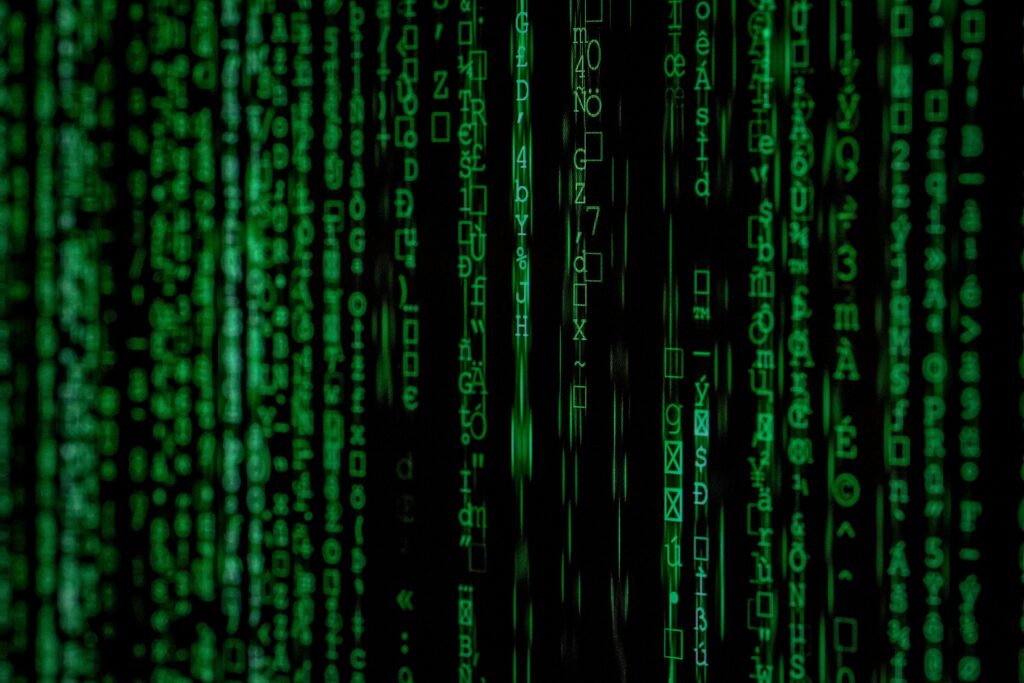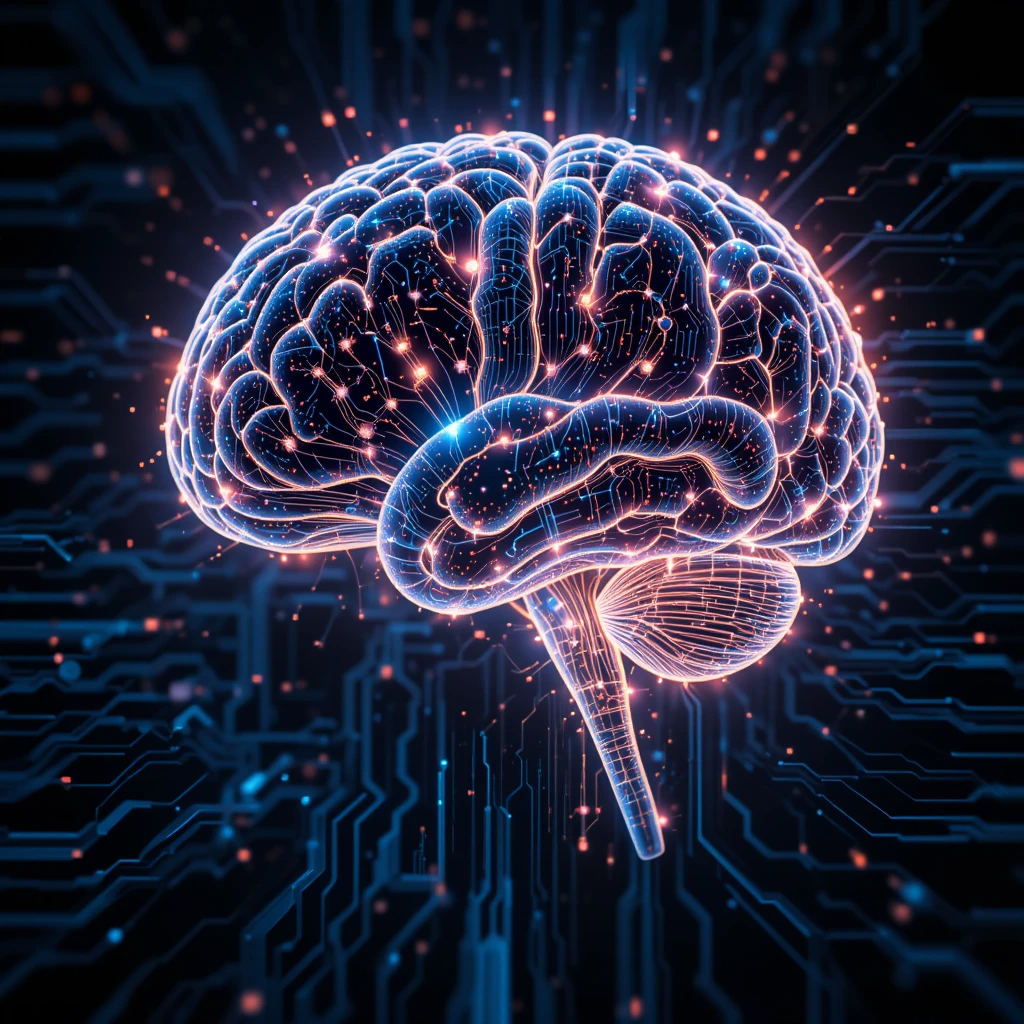The Role of Government in Modern Society: Power, Policy, and the People
Introduction: Why Government Matters
The word government is often heard in the news, debates, and public discussions, but what exactly does it mean? At its core, the role of government is to maintain order, provide essential services, and safeguard the rights of its people. From the air we breathe to the roads we drive on, the government plays a crucial part in every citizen’s life. Understanding the functions of government is vital to understanding how a society operates, thrives, and evolves.
In this comprehensive guide, we explore the types of government, their functions, and the profound influence government has on every aspect of modern life. Whether you’re a student, entrepreneur, policymaker, or curious citizen, this article provides insights into the significance and scope of government today.
1. The Core Functions of Government
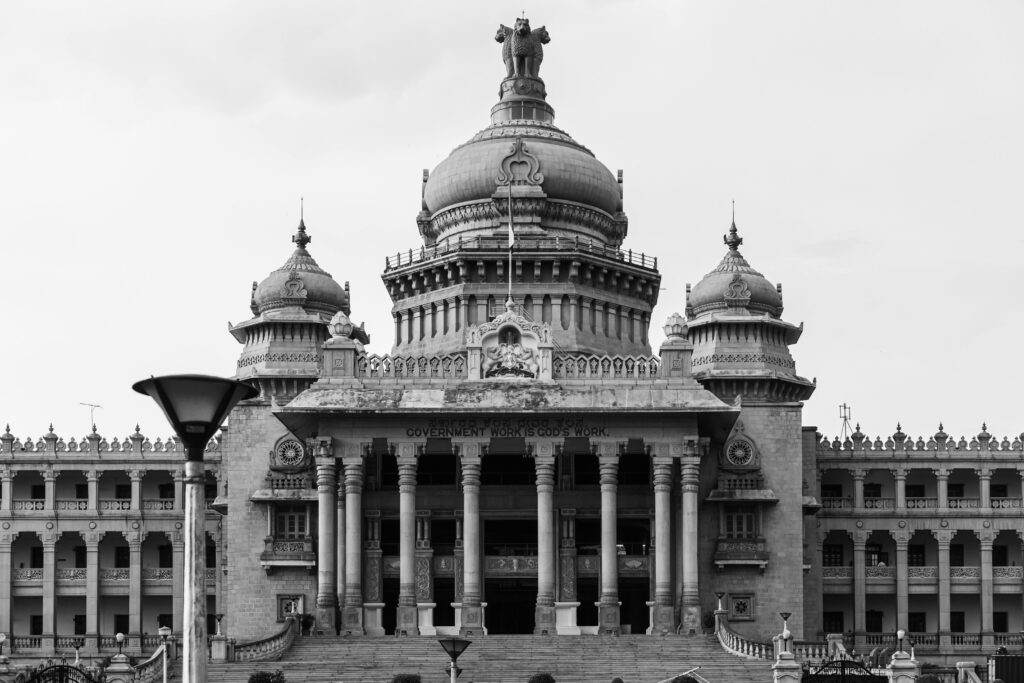
The primary functions of government revolve around creating stability, enforcing laws, and ensuring public welfare. These can be broadly categorized into five key roles:
1.1. Law and Order
One of the government’s oldest and most critical functions is to maintain law and order. This includes:
-
Creating and enforcing laws
-
Running courts and justice systems
-
Protecting citizens from crime and external threats
Without a government, society would fall into chaos. A well-structured government ensures that rules are followed, and justice is served.
1.2. Public Services
From clean water to public schools, government services are everywhere:
-
Waste management
-
Public transportation
-
Postal systems
-
Emergency services
These services are usually funded by taxes, which the government collects to improve citizens’ lives.
1.3. Defense and Security
A nation’s government is responsible for its military and national security. This includes:
-
Army, Navy, Air Force
-
Cybersecurity
-
Intelligence agencies
Without the government’s defense mechanisms, countries would be vulnerable to internal and external threats.
1.4. Economic Regulation
The government also plays a role in economic policy and regulation:
-
Setting interest rates
-
Controlling inflation
-
Regulating industries
-
Providing unemployment benefits
This involvement ensures financial stability and protects citizens from economic shocks.
1.5. Social Welfare
Modern governments have adopted social responsibility as a key function:
-
Health care programs
-
Education subsidies
-
Pension schemes
-
Welfare for the poor and disabled
2. Types of Governments Around the World
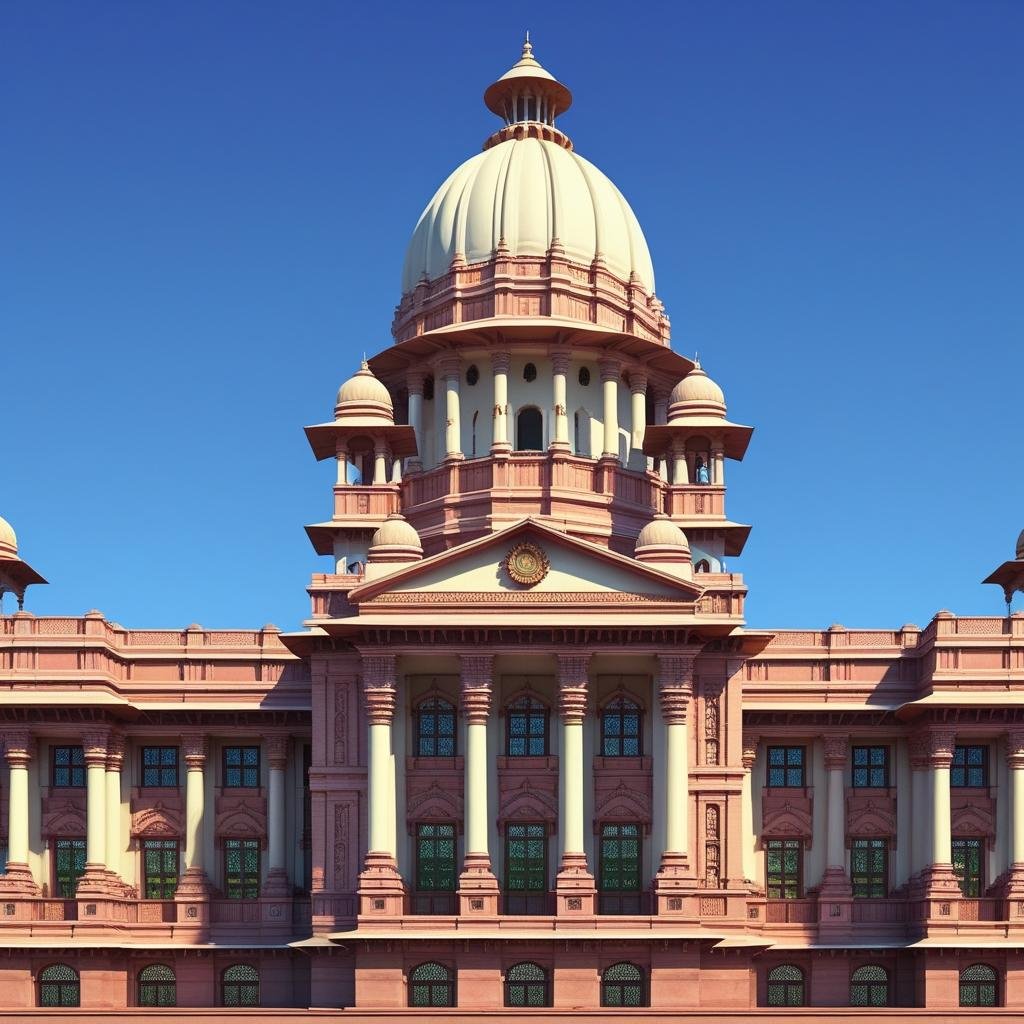
There’s no single form of government that fits all nations. The structure varies based on history, culture, and political philosophy.
2.1. Democracy
In a democratic government, power lies with the people. Citizens elect leaders, influence laws, and enjoy full civil rights.
Examples: United States, India, Germany
2.2. Republic
A republic government is a subtype of democracy where elected officials represent the citizens.
Example: France, Brazil
2.3. Monarchy
Monarchies are ruled by kings or queens. They can be:
-
Absolute monarchies (full control)
-
Constitutional monarchies (ceremonial role, like in the UK)
2.4. Authoritarian and Totalitarian
These governments centralize power and limit freedom:
-
No opposition parties
-
Strict control of press and education
Example: North Korea
2.5. Theocracy
In a theocracy, religious leaders govern based on sacred texts.
Example: Iran
Understanding these types of government helps in analyzing global politics and diplomacy.
3. How Government Affects Daily Life
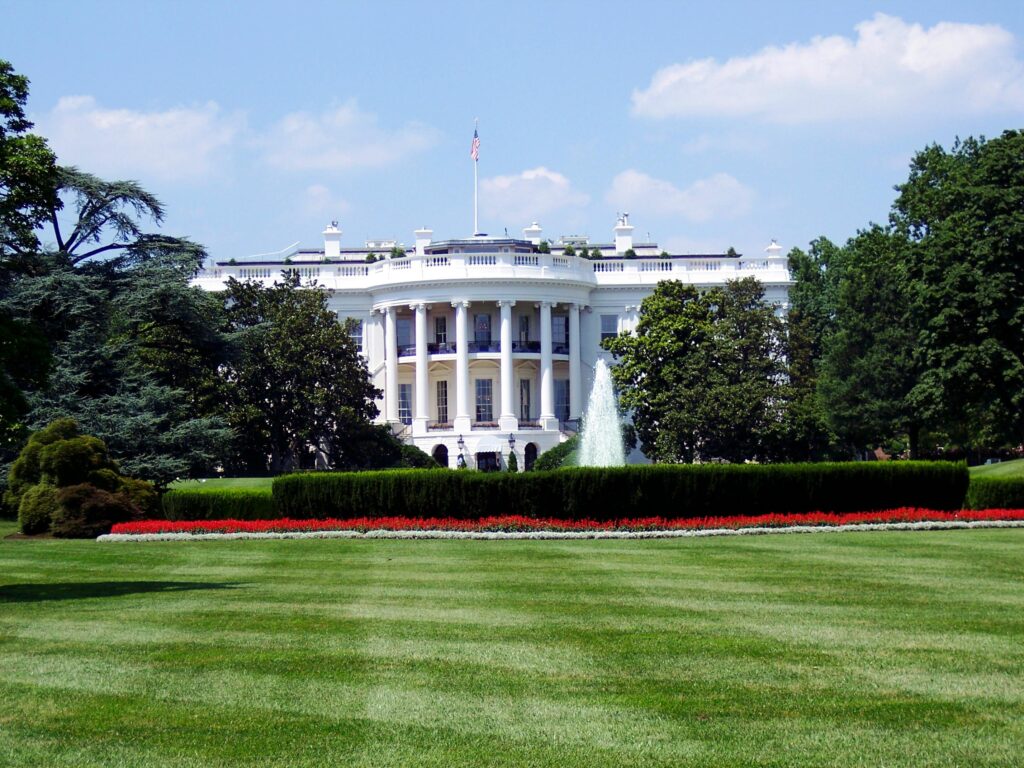
The government is not some distant authority—it’s present in daily decisions and interactions:
-
School curriculum? Government policy
-
Vaccine access? Government program
-
Traffic signals and road laws? Government enforcement
-
Public broadcasting? Government funded
Whether you’re starting a business or applying for a loan, government rules and regulations guide the process.
4. The Government and Economy
The government plays a pivotal role in managing and shaping the economy. This includes:
4.1. Fiscal Policy
Adjusting government spending and taxation:
-
Tax breaks for businesses
-
Subsidies for agriculture
-
Infrastructure investments
4.2. Monetary Policy
Setting interest rates, controlling money supply through central banks.
4.3. Employment
Governments create job opportunities via:
-
Public sector employment
-
Economic stimulus packages
4.4. Crisis Management
During economic downturns (e.g., COVID-19), governments intervene to:
-
Distribute relief funds
-
Bailout industries
-
Enforce lockdowns or safety measures
The role of government in the economy is to balance growth with equity and fairness.
5. Government and Citizen Rights
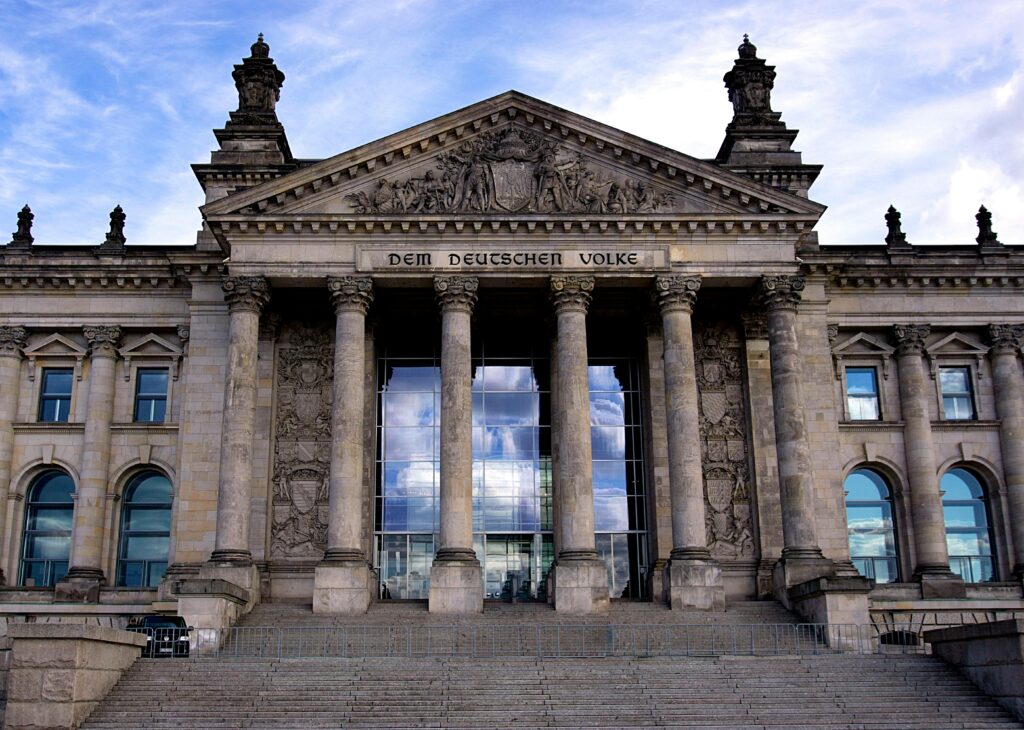
The government is both a protector and regulator of citizen rights. In a democracy, these rights are:
-
Freedom of speech
-
Right to vote
-
Right to education
-
Right to privacy
-
Equality before the law
But with rights come responsibilities:
-
Paying taxes
-
Obeying laws
-
Participating in elections
A strong government ensures these rights are protected and responsibilities upheld.
6. The Role of Government in Public Health & Education
Two of the most important government functions in modern society are:
6.1. Public Health
-
Vaccination programs
-
Hospitals and medical subsidies
-
Disease control and sanitation
6.2. Education
-
Free primary education
-
Scholarships and financial aid
-
Vocational training programs
The government invests in human capital to ensure long-term development and stability.
7. Digital Governance in the 21st Century
The digital age has transformed how government functions.
7.1. E-Governance
-
Online tax filing
-
Digital identity (like Aadhaar)
-
E-voting systems
-
RTI filing online
7.2. Cybersecurity
Governments now defend not just land, but digital infrastructure too.
7.3. Social Media Monitoring
While controversial, governments use digital tools for:
-
Disaster response
-
Misinformation control
-
Citizen feedback
Digital governance makes administration faster, transparent, and citizen-centric.
8. Government Accountability and Transparency
Modern citizens demand transparency. Governments must be accountable:
-
RTI (Right to Information) laws
-
Public audits and budgets
-
Media freedom
-
Independent judiciary
Corruption undermines government credibility. Strong oversight and transparency build trust between the government and the governed.
9. Challenges Faced by Governments
No system is perfect. Modern governments face:
-
Corruption and nepotism
-
Bureaucratic red tape
-
Public distrust
-
Balancing freedom with security
-
Managing diverse populations
Solutions involve:
-
Digitization
-
Education
-
Decentralization
-
Strong institutions
10. Future of Government: Smart, Sustainable & Inclusive
Lu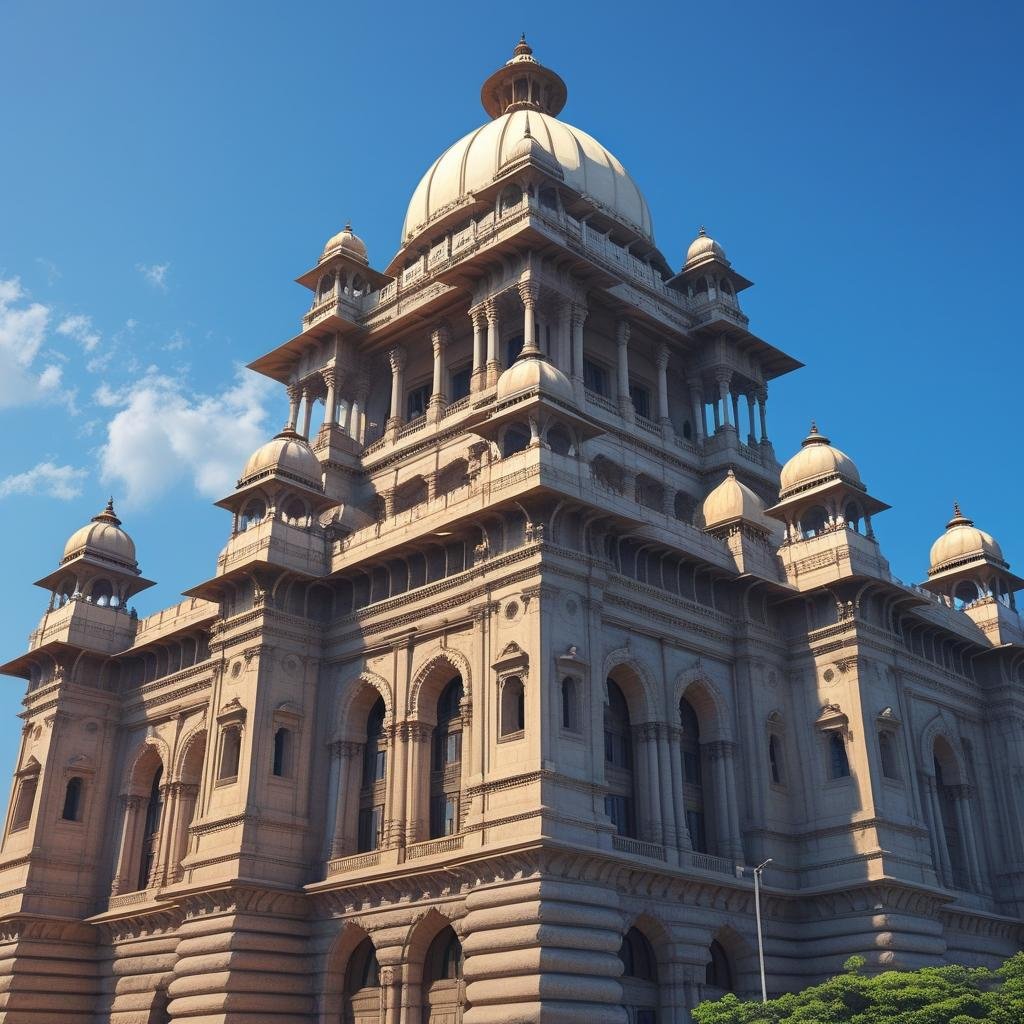
What does the future hold for the government?
10.1. Smart Governance
-
AI in public service delivery
-
Blockchain for transparency
-
Data analytics for policy decisions
10.2. Green Governance
-
Climate action plans
-
Carbon neutrality goals
-
Renewable energy policies
10.3. Inclusive Government
-
Empowering women, minorities
-
Digital literacy
-
Youth participation in politics
The role of government is shifting from control to collaboration with citizens.
Conclusion: Government and You
The government is not an abstract force—it’s a dynamic institution that touches every part of our lives. From education to healthcare, from justice to infrastructure, the functions of government are vast and essential.
Understanding the role of government empowers us as citizens to engage, question, and contribute. A transparent, accountable, and responsive government ensures peace, prosperity, and progress for all.
Key Takeaways:
-
The government is essential for order, services, and development
-
Different types of governments serve various functions globally
-
Citizens must understand, participate, and hold governments accountable
-
The future is smart, digital, and inclusive governance



